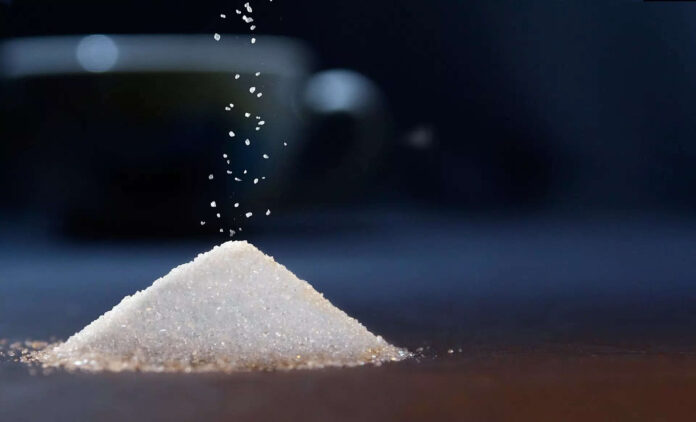ISLAMABAD: In a move that has drawn sharp criticism and triggered public outrage, the federal government has approved the import of 500,000 metric tons of sugar — just months after allowing the export of nearly the same quantity, a decision that has significantly contributed to the current sugar crisis and record-high domestic prices.
Federal Minister for National Food Security and Research Rana Tanveer Hussain, who chaired the latest meeting of the Sugar Advisory Board, claimed the import decision was necessary to stabilize prices and ensure market availability. However, economic observers and political opponents are questioning the government’s credibility and competence in managing essential commodities, describing the situation as a self-inflicted policy failure.
“First they allowed exports, driving prices up and rewarding millers, and now they’re importing the same commodity with public money. This is economic mismanagement,” remarked an industry analyst.
According to the Pakistan Bureau of Statistics (PBS), Pakistan exported 765,734 metric tons of sugar between July and May of the current fiscal year, earning Rs114 billion, a massive 2,200% increase over the previous year. However, the move drastically shrunk domestic supply and sent prices soaring, with sugar now retailing between Rs170 and Rs190 per kilogram, compared to Rs140–Rs150/kg before exports were approved.
The official retail price of Rs164/kg, set in March, has largely remained ineffective, with the government unable to enforce it despite earlier price agreements with the Pakistan Sugar Mills Association (PSMA), a group that has repeatedly been accused of cartel-like behavior by the Competition Commission of Pakistan (CCP).
In a related development, Deputy Prime Minister Ishaq Dar has chaired two high-level meetings in three days and announced that the cabinet will soon consider an additional import of 250,000 metric tons of raw sugar, while 500,000 metric tons of refined sugar has already received in-principle approval. Dar defended the move, stating it aims to “curb inflation and ensure consumer welfare,” but offered no explanation for the earlier decision to export such a massive quantity of sugar.
While the government attributes the current crisis to “hoarding” and “non-compliance by millers,” critics argue that the problem stems from flawed planning and weak enforcement. The Ministry of National Food Security maintains that the new imports are a “proactive step” to bring prices down, but many see it as damage control in response to rising public pressure.
“You can’t sell sugar abroad at a profit and then buy it back at higher prices to subsidize domestic needs, it’s a classic case of poor governance and policy contradiction,” said a former finance ministry official.
Even as new imports are processed, confidence in the government’s ability to regulate the sugar sector remains low. Despite claims of implementing strict monitoring and coordination with provincial authorities, previous enforcement efforts have largely failed, emboldening profiteers and undermining consumer protection.
The episode has once again exposed the powerful grip of vested interests in Pakistan’s sugar industry, where policy decisions continue to benefit a select few, often at the expense of the general public.




